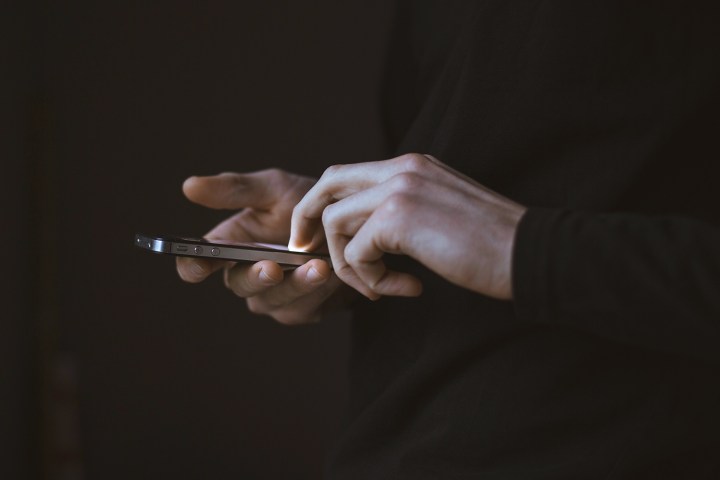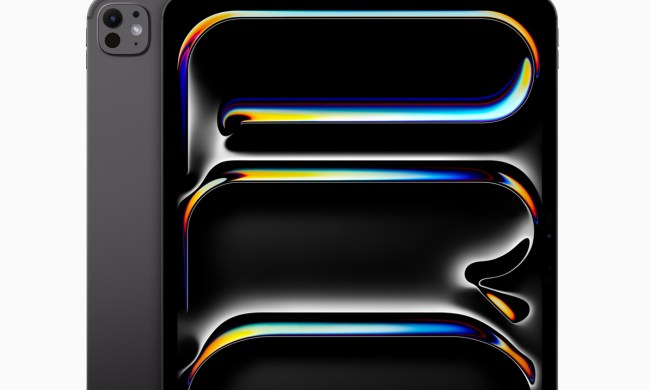
Although the FBI cancelled its courtroom showdown with Apple after finding an outside backdoor into the San Bernadino shooter’s iPhone, the debate over how far the government can worm its gloved hand into your phone isn’t over.
Should this new method fail, the FBI will still take Apple to court. Even if it works, this is not the end of the encryption debate. The FBI and DOJ are still likely to pressure tech companies to hand over source code and keys to unlock encrypted products in a number of other criminal cases.
To unlock one phone, is to unlock every phone.
What country is this? Surely, it’s not America. Not since Edward Snowden revealed the devastating extent of the National Security Agency’s surveillance has the U.S. government’s disregard for personal privacy and digital security been so apparent.
The FBI may paint this case as a battle between privacy or security, but that is not the truth. If we sacrifice our privacy and our First Amendment rights today, we will have lost more than just peace of mind that our photos are safe and our messages are unread. We will have lost what it means to be an American living in a free society.
What’s at stake
Although demands for source code are not unprecedented, the success of such a request in the Apple vs. FBI case would have serious consequences, the likes of which we have never seen. With the source code in hand, law enforcement could not only break into the terrorist’s phone, but every iPhone in the world. It could monitor your location with GPS, read your messages, spy on you through the camera, and record your every word with the microphone. The possibilities are endless. As one of the most popular and powerful technology companies in the United States, Apple’s products are in the hands of billions of people worldwide.
And it’s not just Apple devices that are at risk. Should the FBI resume its case against Apple in the future and win in the courts, it would set a dangerous precedent. In legal matters, precedent is everything. If a court ruled that it’s OK to force a company to unlock a phone once, other courts are more likely to follow suit, whether it’s a phone running iOS, Google Android, or Microsoft Windows. It’s a slippery slope. To unlock one phone, is to unlock every phone. To create one key, is to risk it being copied.

If Apple’s source code — or the key to the FBI’s so-called GovtOS, for that matter — fell into the hands of terrorists, hackers, or criminals, every iPhone user would be exposed to serious cyberterrorism threats and malicious surveillance. The threat goes beyond phones, extending to all the new smart devices that are powered by your phone.
Just imagine what America would look like if every smart device you own could be used against you. You are suspected of a crime. You try to leave home one morning to find that your front door is locked, your windows are barred, your smart car wont start, and your garage door is slammed shut. You notice that your security cameras are trained on you and your phone has gone dark. Suddenly, your TV turns on, alerting you that the police are coming to arrest you.
Just imagine what America would look like if every smart device you own could be used against you.
No, this is not a dystopian novel. This could become a real scenario, similar to one imagined by Ashkan Soltani, an engineer who recently spoke with the Guardian about the dangers of Apple losing this fight.
We cannot allow this to happen. Apple knows this, and it’s doing everything in its power to fend off the U.S. government’s unethical and unconstitutional requests.
CEO Tim Cook has championed the First Amendment rights of Apple users and the company’s employees in multiple interviews with the press, in a letter penned directly to Apple’s customers, and even at Monday’s product launch. Although the tide of public opinion is turning toward Apple, nearly half of all Americans in a recent poll support the FBI in the San Bernardino case.
Should the FBI succeed in forcing Apple to create a back door into the iPhone, every person who owns a smartphone — be it an iPhone or and Android device — will lose both privacy and security. Ben Franklin could never have imagined an iPhone, but his warning rings no less true.


